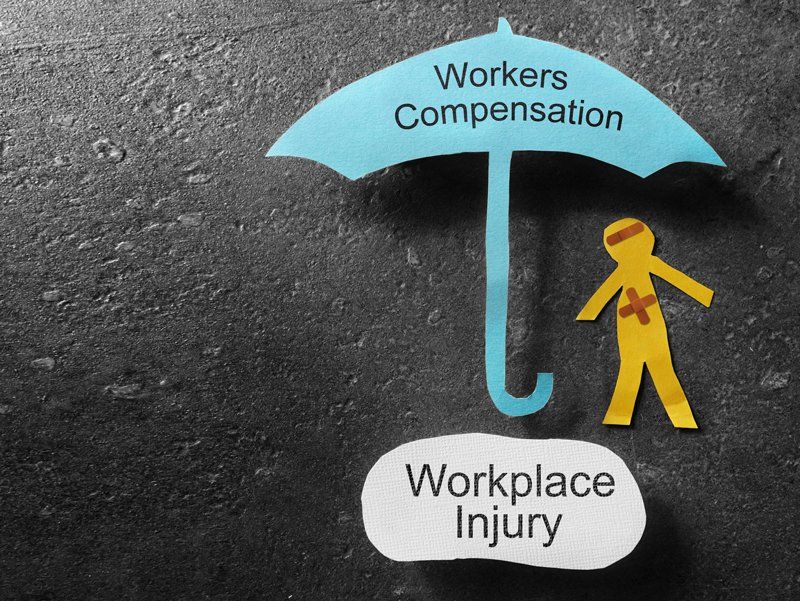An Overview of Death Benefit Claims After a Work-Related Fatality
- By Admin
- •
- 14 Oct, 2020
- •
Employees deserve workers' compensation benefits for job-related injuries. In case of a fatality, the employee's dependents are entitled to the relevant death benefits. Below is an overview of death benefits in South Carolina.
The Dependents
In case of a fatal accident, workers' compensation distributes the benefits to the deceased's dependents. Workers' compensation law places dependents into two categories. The first category is those who were wholly dependent on the deceased, while the second category includes those who were partially dependent on the deceased.
Those who were wholly dependent on the deceased include the following.
Legitimate Minor Children
The law presumes that minor children were wholly dependent on the deceased. Thus, the minor children don't need to prove their dependence - they only need to prove that they are legitimate children of the deceased.
Spouse
Just like legitimate minor-aged kids, the law also presumes that the surviving spouse was wholly dependent on the deceased. Thus, proof of marriage is enough to earn the surviving spouse the relevant death benefits.
Adult Children in School
An adult child in school has the same rights as a minor child. If the child is in full-time education, the law entitles them to death benefits until the age of 23.
Adult Children With Disabilities
Lastly, an adult child with disabilities also has the same rights as minor children. The child receives the death benefits as long as these benefits last.
On the other hand, partial dependents include the deceased's:
- Illegitimate children
- Stepchildren
- Adopted children
- Adult children (without disabilities)
- Parents
Members of this second category must prove that they were dependent to some degree on the deceased.
Death Benefits
The value of the death benefits varies. Those who were wholly dependent on the deceased are entitled to a maximum of two-thirds of the deceased's weekly wages. For example, if the dependent's weekly wage was $1,800, the dependents will receive a maximum of $1,200 (two-thirds of $1,800).
The weekly benefits don't last forever. Below are some of the laws that determine the longevity of the weekly benefits.
- For all dependents, the benefits do not go beyond 500 weeks.
- A spouse who remarries gets a lump sum of two years' worth of benefits, and the weekly benefits end.
- For adult children in full-time education, the benefits end at graduation or when they turn 23 years old, whichever comes first.
The dependents are also entitled to funeral and burial benefits.
Note that the death benefits are tax-exempted. Even the deceased' creditors are not entitled to the death benefits.
Many people find these laws complicated. Your workers' compensation lawyer will help you understand when your benefits are supposed to end.
Exceptions to the Rule
The above laws have multiple exceptions, just like other laws. For example, the two-thirds rule doesn't apply if the deceased received some benefits before they died.
Say an employee suffers an accident at work, stays in the hospital for a few months, and passes on. Such an employee may receive some workers' compensation benefits between their injury and death. After their death, workers' compensation will reduce the dependents' benefits in proportion to what the deceased had already received.
Statute of Limitations
Lastly, the death benefit claim is subject to a statute of limitations - just like other civil claim claims. If you lost a loved one to a work accident, you have a maximum of two years to file your death benefit claim.
Ideally, you should get a skilled and experienced lawyer to help you pursue these benefits. The Law Offices of Robert Dodson, P.A., has extensive experience with workers' compensation laws. Contact us for a consultation if you've lost a loved one to a workplace accident. We will review your case and help you pursue the benefits you deserve.







